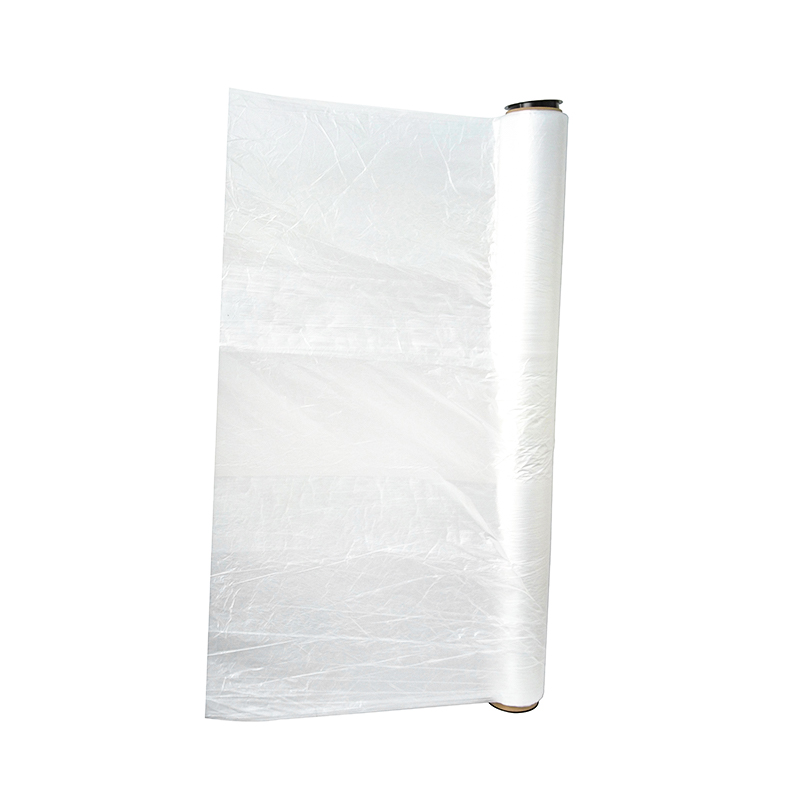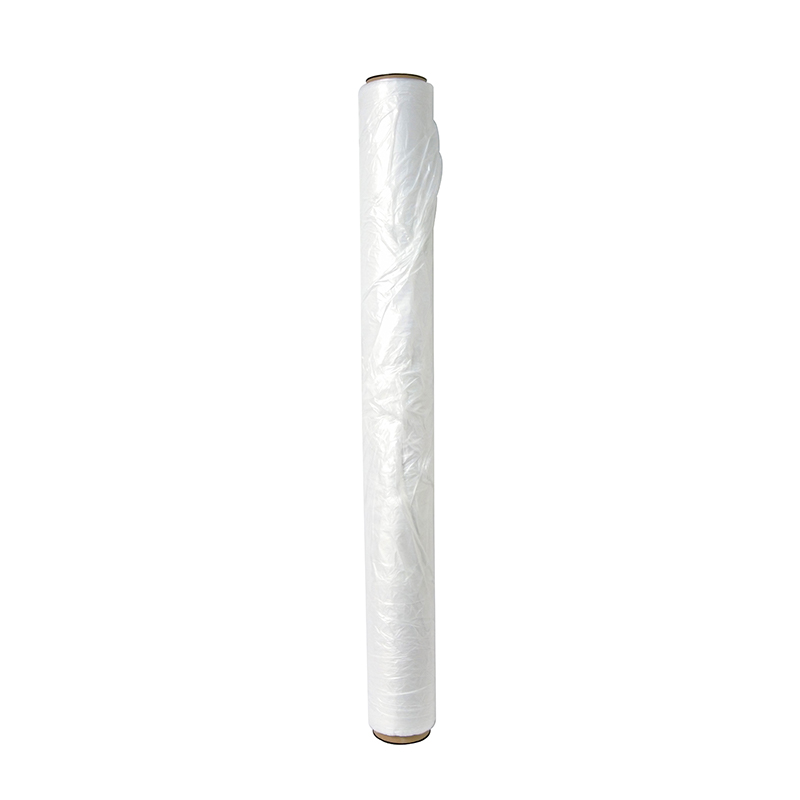Yukio Edano, Japan’s Minister of Economy, Trade and Industry, recently announced prices for solar power, which is almost three times the conventional electricity prices paid by industrial users. Japan’s move may result in a new equipment market of at least US$9.6 billion, with an installed capacity of more than 3.2 billion watts, equivalent to the output of three nuclear power plants. (1 USD is about 6.33 RMB)
Industry analysts believe that the solar power price set by the Japanese government is very attractive, reflecting the Japanese government’s intention to establish more solar power plants as soon as possible.
Before the Fukushima accident, about 30% of Japan’s electricity came from nuclear power, and Japanese Prime Minister Yoshihiko Noda stated that it would reduce efforts to rely on nuclear power to help the solar energy industry suffering from subsidy reduction in Europe recover. However, the Japanese business community is also worried that subsidies for clean electricity will increase electricity prices and slow the pace of Japan’s economic recovery.
Keidanren, a Japanese business lobby group, questioned that Masami Hasegawa, senior manager of the group, said that the new measures artificially set high prices and had a high level of intervention in the solar market, leaving users to bear the ultimate cost.
Solar power prices are part of the clean energy incentive prices recently announced by the Ministry of Economy, Trade and Industry of Japan. In 20 years, utility companies need to purchase electricity from solar power producers at a price of 42 yen per kilowatt-hour, which is almost twice the price in Germany. Solar developers are looking for subsidies and hope to speed up the construction of solar parks this year. (1 yen is about *** 0.08 yuan)
Last year, Japan ranked sixth in the world in terms of new installed capacity of solar energy, and added 1.3 billion watts on the basis of 5 billion watts. Bloomberg expects that Japan's new installed capacity will reach 3.2 to 4.7 billion watts next year. Companies such as Kyocera Corporation and Sharp Corporation in Japan are preparing to expand their supply to the Japanese domestic market.
According to statistics from the International Energy Agency, Germany’s Q-Cells surpassed Sharp in 2007 and became the world’s largest solar cell manufacturer. However, Suntech Power, Yingli and other Chinese manufacturers are challenging Western competitors such as Q-Cells at a favorable price.
Last year, Japan had only 1.6% of its energy sourced from renewable energy, ranking last among the Group of Seven countries. Nuclear power consumption was second only to the United States and France, ranking third. The shift to solar energy reflects Japan’s concern over the rising costs of imported fossil fuels over the next decade. Japan's manufacturing economy suffered serious challenges in the oil crisis of the 1970s.
According to the new policy, utility companies will purchase solar energy, biomass energy, wind energy, geothermal energy and hydropower. All costs will be passed on to consumers through surcharges. The Japanese government stated that the average monthly increase for each household is 87 yen. The Japanese government's previous estimate was 100 yen.
In addition, new incentives also encourage utility-scale solar projects. The five largest solar projects currently under planning or under construction in Japan were announced between October last year and April this year, during which time the Japanese government worked out The details of the solar electricity tariff plan, dozens of companies announced that they will use the government's subsidy program.
Japan's home improvement company Western Holdings Co., Ltd. used solar panels five years ago from Sanyo, and now its solar panels are basically provided by Chinese and Korean manufacturers. The company said that the quality of foreign solar panels can be comparable to that of Japan, and the price More competitive, consumers do not have much demand for solar panel makers.
plastic Masking Film for car painting
Product Description
The masking film is mainly used for covering car when repairing. Workers could cut out broken parts to repair, and the rest parts could be well covered. It could prevent paint over spray, dust, oil from hurting car.
Product name
Masking film with paper core
Material
Polythene HDPE
Size
3.8m,4m,4.8m,5m
Thickness
10-15micron
Color
Transparent or customized
Packing
1roll/CTN
Function
Masking car, prevent paint over spray
Application
Car service center,Painting


Our Services
OEM/ODM
If you ...
1. Are looking for OEM/ODM manufacturers in this industry.
2. Need someone that can produce what you want and have a custom design printed to your specification.
Please talk with us forthe order details immediately.
If you-
1. Want to purchase a sample order first.
2. Purchase a full order after validating the product quality.
Please place the sample order to us directly.
If you...
1. Would like more information about our corporation.
2. Would like to visit China and are interested in working with us.
Please arrange your value time and visit our factories as soon as possible.
Auto Paint Masking Film,Plastic Film,HDPE Film,Transparent Film
GUANGZHOU SUNPLUS TECHNOLOGY CO.,LTD , https://www.sunplussandpaper.com